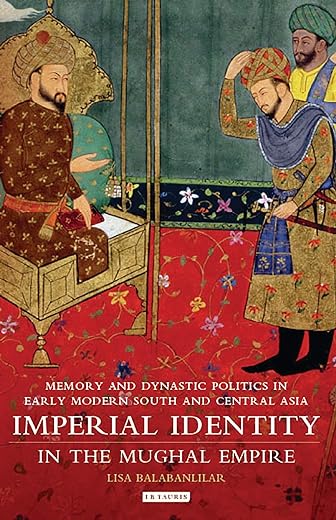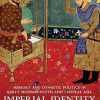Imperial Identity in the Mughal Empire: Memory and Dynastic Politics in Early Modern South and Central Asia (Library of South Asian History and Culture)
£19.00
Having monopolized Central Asian politics and culture for over a century, the Timurid ruling elite was forced from its ancestral homeland in Transoxiana at the turn of the sixteenth century by an invading Uzbek tribal confederation. The Timurids travelled south: establishing themselves as the new rulers of a region roughly comprising modern Afghanistan, Pakistan and northern India, and founding what would become the Mughal Empire (1526-1857). The last survivors of the House of Timur, the Mughals drew invaluable political capital from their lineage, which was recognized for its charismatic genealogy and court culture – the features of which are examined here. By identifying Mughal loyalty to Turco-Mongol institutions and traditions, Lisa Balabanlilar here positions the Mughal dynasty at the centre of the early modern Islamic world as the direct successors of a powerful political and religious tradition.
Read more
Additional information
| Publisher | I.B.Tauris, Reprint edition (30 July 2015) |
|---|---|
| Language | English |
| Paperback | 240 pages |
| ISBN-10 | 1784531286 |
| ISBN-13 | 978-1784531287 |
| Dimensions | 13.97 x 1.27 x 21.59 cm |




Reviews
There are no reviews yet.